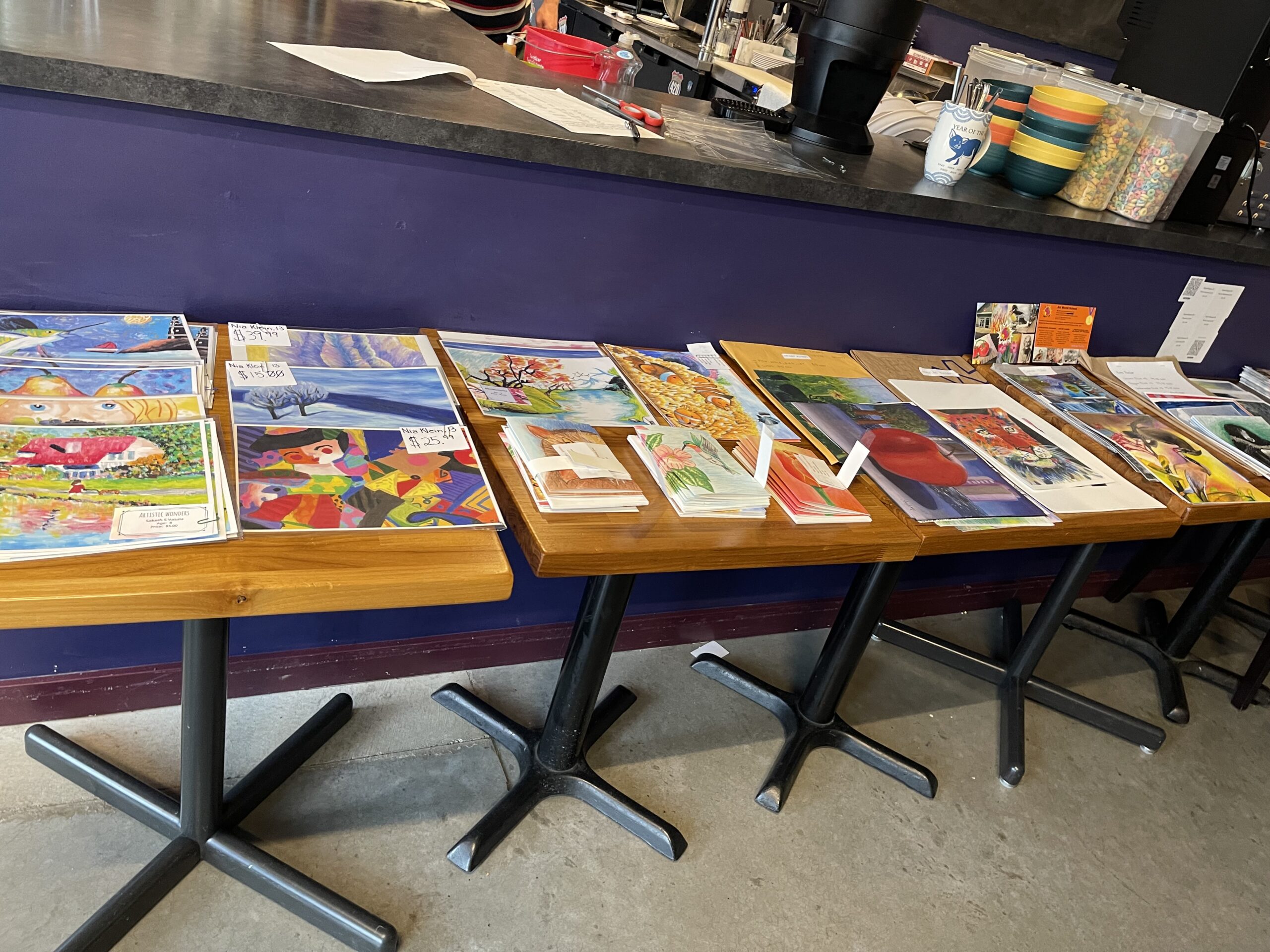Many parents are considering their children’s after-school activities as the new school year gets underway, in addition to the programmes their kids will be taking. Kids can develop new abilities, explore other talents, enhance current expertise, obtain support for areas they aren’t as strong in, make friends, and establish relationships with encouraging adults through after-school programmes. Structured after-school activity participation has also been connected to a number of advantageous outcomes. After-school programmes are frequently more than just a perk for working parents; they also serve as essential child care during the hours when kids are out of school but mom and dad are still at work.
How should you choose the best after-school activity for your child given the landscape of available options?
Extracurricular activities (school-based clubs or teams), comprehensive after-school programmes (based in the school or the community), private lessons, faith-based groups, and specialised tutoring or mentoring programmes tailored to particular needs are all examples of after-school activities. The prices and offerings of various programmes vary. While both of these elements are crucial for families, the quality of programmes is the one that has the biggest impact on children.
According to research, kids’ social skills, emotional growth, and academic performance may all benefit from involvement in structured after-school programmes and activities. But the effectiveness of a programme depends on both its quality and the child’s participation in it.
High-quality programmes offer a secure environment with helpful connections, a suitable structure, and constructive expectations for behavior. But in addition to that, they give young people a place to express themselves, assume responsibility, and work through difficult challenges. They also offer chances for belonging and skill development. Researchers that looked at after-school programmes that emphasised social and interpersonal skills discovered that programmes with four components, known as the “SAFE” features, had an effect on both academic and socio-emotional results. These programmes included a (S)equenced set of activities, prioritised (A)ctive learning, had a section that (F)ocused on developing social and emotional skills, and were explicit about the skills they hoped to instil in young people.
According to other researchers, youth have the opportunity to develop critical social, emotional, and cognitive skills through participation in programmes that let them actively shape activities and play significant roles in “real world” projects (such as artistic performances and other kinds of public presentations). In these programmes, the adult staff members are crucial in fostering learning opportunities, establishing standards, acting as role models, and offering constructive criticism and scaffolding.
Is it possible to have too much of a good thing?
The concept of the “overscheduled youngster” first gained traction about ten years ago. Some critics claimed that children’s after-school schedules put them under undue stress and could have unfavourable effects. In actuality, very few children engage in a very high volume of extracurricular activities. Children participate in planned after-school activities for an average of 5 hours per week, and 40% of children don’t participate at all. There does not seem to be any evidence that extracurricular activities harm children in and of themselves. However, it is crucial to be considerate of your child’s needs.



